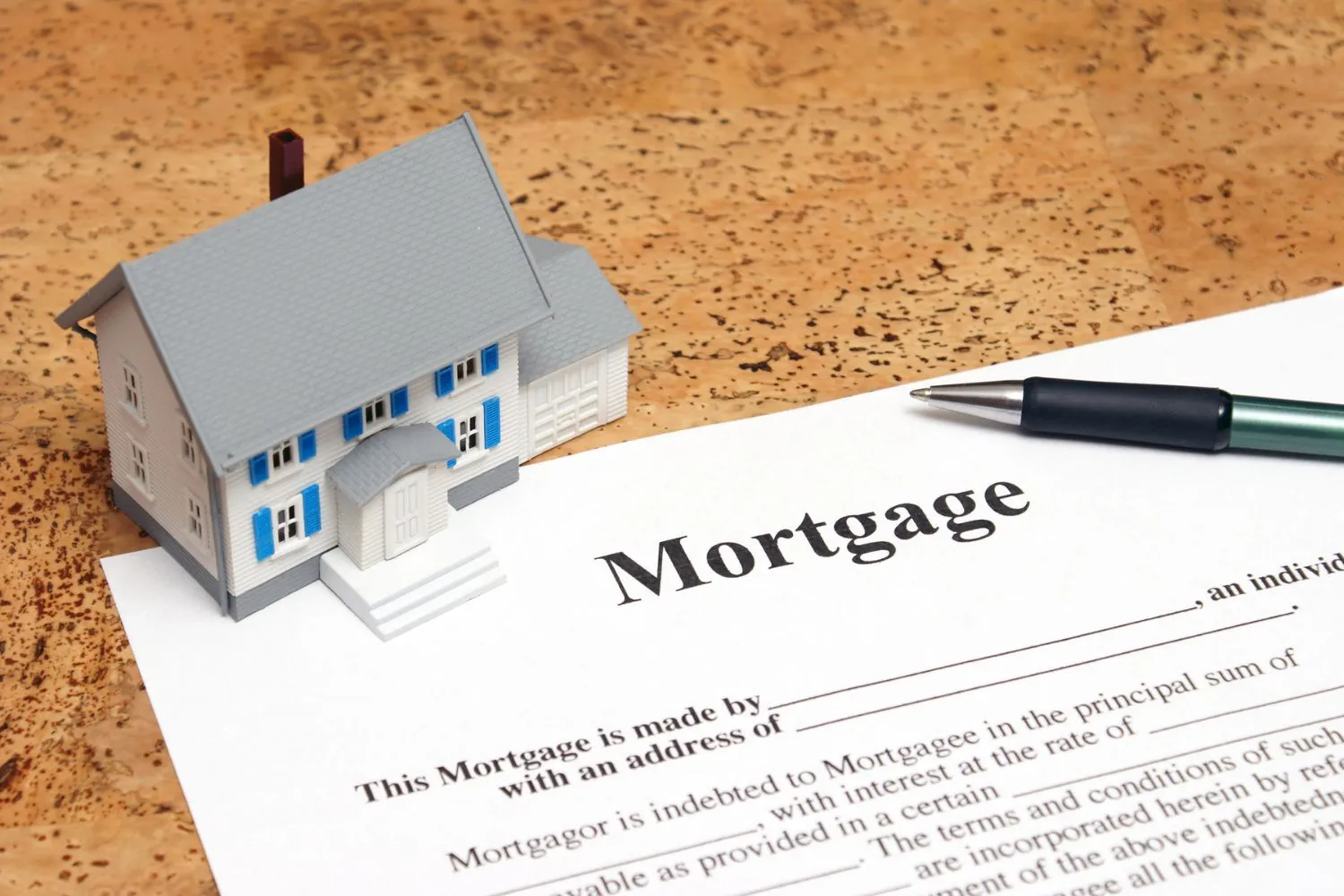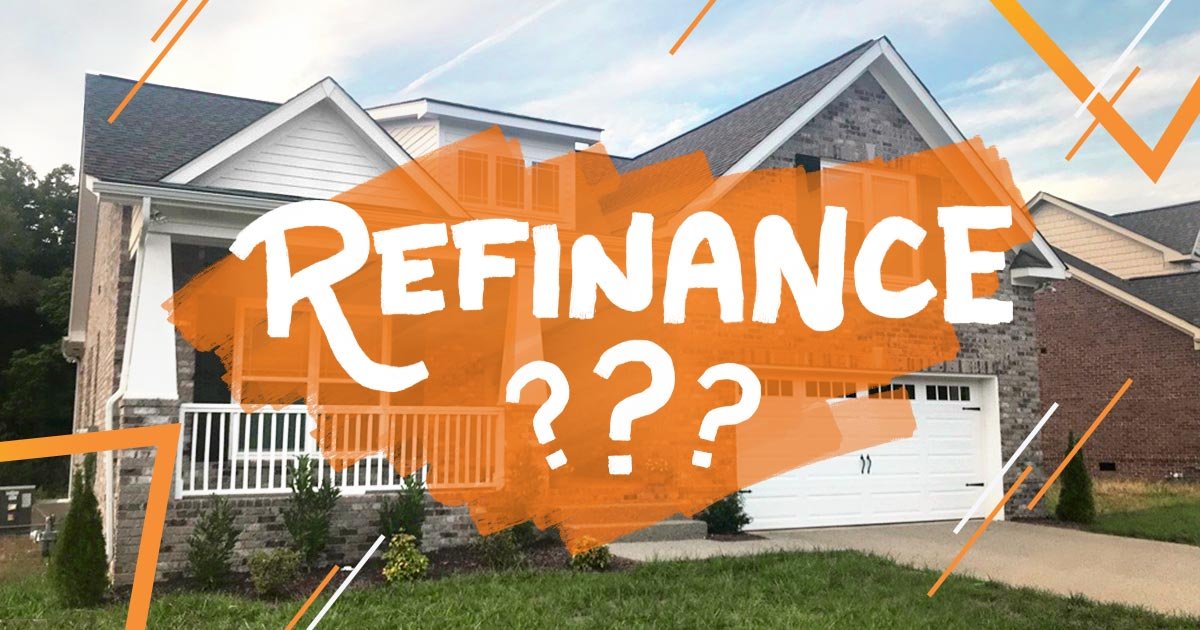Introduction
Home refinancing can be a powerful financial tool for homeowners seeking to save money, reduce monthly payments, or access their home equity. In this comprehensive guide, we will delve into the ins and outs of home refinancing, explore the various types of refinance loans available, and provide valuable tips on how to secure the best rates. By understanding the advantages and expected traps of renegotiating, property holders can settle on informed choices that line up with their monetary objectives.
Understanding Home Refinance
What is Home Refinance?
Home refinance involves replacing your current mortgage with a new one, usually to take advantage of lower interest rates, change the loan term, or access home equity. This process entails paying off the existing loan and obtaining a new one with different terms.
How Does Home Refinance Work?
The refinancing process begins with assessing your financial situation and determining your goals. Whether you aim to lower your monthly payments, shorten your loan term, or tap into your home’s equity, understanding how refinancing works is crucial. The new loan pays off the existing mortgage, and you then begin making payments on the new loan.
Key Terms in Home Refinance
- Interest Rate: The percentage charged on any loan.
- Loan Term: The duration of the loan repayment period.
- Equity: The difference between your home’s current value and the amount you owe on your mortgage.
- Closing Costs: Fees and expenses associated with finalizing the refinance.

Benefits of Home Refinance
Lower Interest Rates
Refinancing can significantly reduce your interest rate, leading to lower monthly payments and substantial savings over the life of the loan.
Reduced Monthly Payments
By securing a lower interest rate or extending the loan term, refinancing can decrease your monthly mortgage payments, freeing up cash for other expenses.
Shortening Loan Term
Opting for a shorter loan term can help you pay off your mortgage faster, potentially saving thousands in interest payments and allowing you to build equity more quickly.
Accessing Home Equity
A cash-out refinance allows you to access the equity in your home, providing funds for home improvements, debt consolidation, or other financial needs.
Consolidating Debt
Refinancing can be an effective strategy for consolidating high-interest debt into a single, lower-interest loan, simplifying your finances and potentially lowering your overall interest payments.
Types of Home Refinance Loans
Rate-and-Term Refinance
This type of refinance aims to change the interest rate and/or the term of the existing mortgage without altering the principal balance significantly.
Cash-Out Refinance
With a cash-out refinance, you take out a new mortgage for more than you owe on your current loan, receiving the difference in cash, which can be used for various financial needs.
Cash-In Refinance
A cash-in refinance involves paying down your mortgage balance to achieve a better loan-to-value ratio, potentially qualifying for better rates and terms.
Streamline Refinance
Streamline refinances are designed to simplify the refinancing process, often with reduced documentation and underwriting requirements, making it faster and easier to refinance.

When to Consider Refinancing
Evaluating Current Interest Rates
One of the primary indicators that it might be time to refinance is when current interest rates are lower than the rate on your existing mortgage.
Changes in Credit Score
If your credit score has improved since you took out your original mortgage, you might qualify for better rates and terms through refinancing.
Altered Financial Situation
Significant changes in your financial situation, such as increased income or reduced debt, can make refinancing a more attractive option.
Economic Indicators
Monitoring economic indicators, such as inflation rates and housing market trends, can help you decide the optimal time to refinance.
How to Qualify for the Best Rates
Importance of Credit Score
A higher FICO assessment frequently means better renegotiate rates. Moneylenders utilize your FICO rating to survey the gamble of loaning to you.
Debt-to-Income Ratio
Your debt-to-income (DTI) ratio, which compares your monthly debt payments to your monthly income, is a critical factor in determining your eligibility for the best rates.
Home Equity Considerations
Having more equity in your home can help you qualify for better rates, as it reduces the lender’s risk.
Employment and Income Stability
Stable employment and consistent income are essential for securing favorable refinance terms.
Steps to Refinancing Your Home
Assess Your Financial Goals
Determine what you want to achieve with refinancing, whether it’s lowering your monthly payments, paying off your mortgage faster, or accessing cash.
Shop for Lenders
Contrast offers from different moneylenders with track down the best rates and terms. Remember to consider client assistance and moneylender notoriety.
Gather Necessary Documentation
Prepare all required documents, such as income verification, credit reports, and details about your current mortgage.
Apply for the Loan
Submit your application to the lender of your choice and provide any additional documentation requested.
Closing Process
Once approved, you’ll go through the closing process, which includes signing new loan documents and paying any closing costs.
Costs Associated with Refinancing
Closing Costs
Renegotiating includes different shutting costs, including application charges, advance beginning expenses, from there, the sky is the limit. These expenses can add up, so figuring them into your decision is fundamental.
Appraisal Fees
An appraisal is typically required to determine your home’s current value, which incurs a fee.
Title Search and Insurance
A title search ensures there are no issues with your home’s ownership, and title insurance protects against future claims.
Prepayment Penalties
Some loans have prepayment penalties, which are fees for paying off your mortgage early. Check your existing loan terms to see if this applies.
Understanding Interest Rates
Fixed vs. Variable Rates
Fixed rates stay steady over the advance term, while variable rates can vary in view of economic situations. Each enjoys its benefits and detriments.
Factors Influencing Rates
Interest rates are influenced by various factors, including economic conditions, inflation, and the Federal Reserve’s policies.
Market Trends
Staying informed about current market trends can help you decide the best time to refinance.
Choosing the Right Lender

Comparing Offers
Look at the interest rates, loan terms, and fees offered by different lenders to find the best deal.
Customer Service Considerations
Great client support can make the renegotiating system smoother and less upsetting.
Reputation and Reviews
Research lender reviews and ratings to ensure you choose a reputable lender.
Common Mistakes to Avoid
Overlooking Closing Costs
Don’t forget to account for closing costs, which can significantly impact the overall savings from refinancing.
Extending Loan Term Unnecessarily
Extending your loan term can lower your monthly payments but might result in paying more interest over the life of the loan.
Ignoring Break-Even Point
Calculate the break-even point to determine how long it will take for your savings from refinancing to cover the costs.
Failing to Shop Around
Not comparing offers from multiple lenders can lead to missing out on better rates and terms.
Impact of Refinancing on Credit Score
Hard Inquiries
Refinancing involves a hard inquiry on your credit report, which can temporarily lower your score.
Payment History
Your payment history on your current mortgage will continue to impact your credit score.
Managing Multiple Applications
Submitting multiple applications in a short period can negatively affect your credit score.
Case Studies and Personal Stories
Success Stories
Real-life examples of homeowners who have successfully refinanced can provide valuable insights and inspiration.
Challenges Faced
Understanding the challenges others have faced during the refinancing process can help you avoid similar pitfalls.
Lessons Learned
Learning from others’ experiences can make your refinancing journey smoother and more successful.

Expert Insights on Home Refinance
Quotes from Financial Advisors
Financial advisors can provide valuable tips and insights into the refinancing process and how to achieve the best outcomes.
Economic Forecasts
Staying informed about economic forecasts can help you decide the best time to refinance.
Tips from Mortgage Specialists
Mortgage specialists can offer practical advice on navigating the refinancing process and securing the best rates.
Future Trends in Home Refinancing
Digital Mortgage Platforms
The rise of digital mortgage platforms is making the refinancing process more accessible and efficient.
Changing Economic Conditions
Understanding how economic conditions impact interest rates can help you make informed refinancing decisions.
Innovations in Lending
Technological advancements and innovations in lending practices are shaping the future of home refinancing.
(FAQs)
- What is the ideal credit score for refinancing?
- A credit score of 720 or higher is generally considered ideal for securing the best refinance rates.
- How much equity do I need to refinance?
- Most lenders prefer at least 20% equity in your home for refinancing, though some programs allow for lower equity percentages.
- Can I refinance if I have bad credit?
- Refinancing with bad credit is possible, but it may come with higher interest rates and stricter terms.
- How long does the refinancing process take?
- The refinancing process typically takes 30 to 45 days, but this can vary depending on the lender and your specific circumstances.
- Are there any risks to refinancing?
- While refinancing can offer significant benefits, it also involves risks such as closing costs, prepayment penalties, and the potential impact on your credit score.
Conclusion
Home refinancing offers numerous benefits, including lower interest rates, reduced monthly payments, and access to home equity. By understanding the different types of refinance loans, the costs involved, and the steps to secure the best rates, homeowners can make informed decisions that align with their financial goals. Stay informed, compare offers, and consult with financial advisors to navigate the refinancing process successfully and achieve the best outcomes.


1 thought on “Home Refinance: Save Money with the Best Rates”